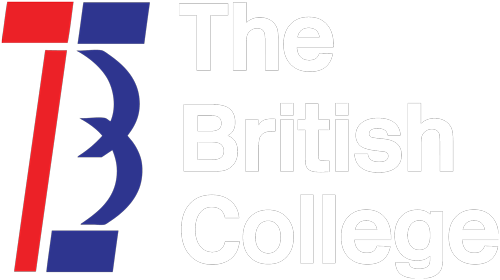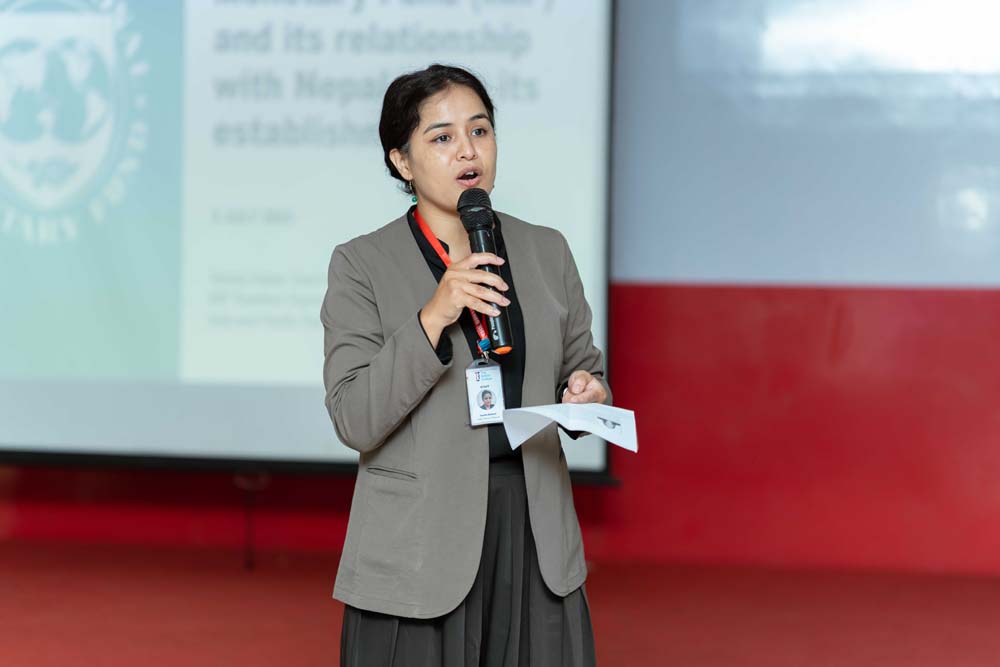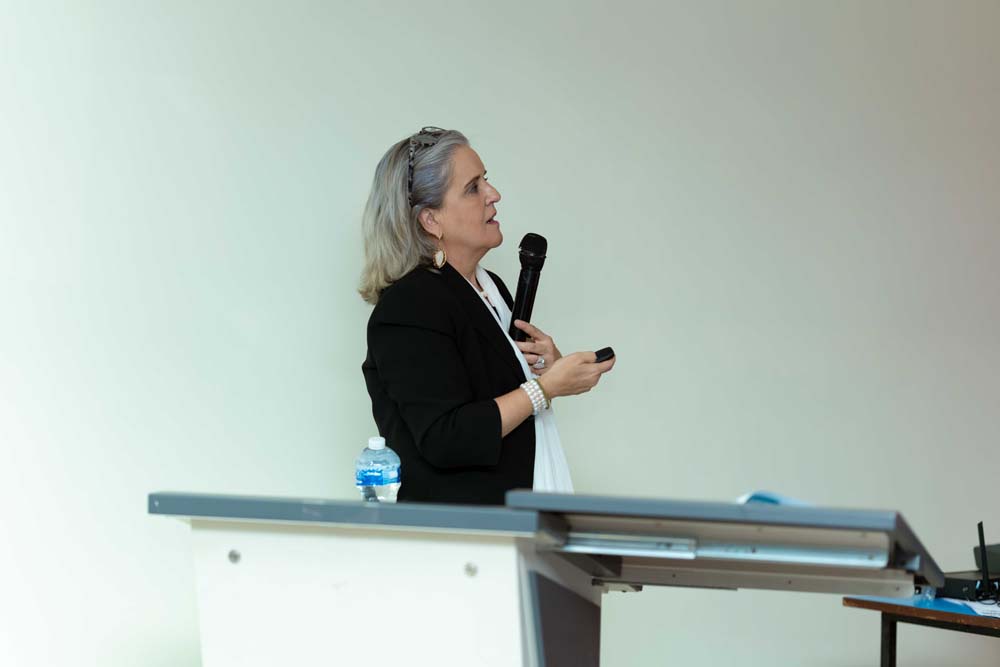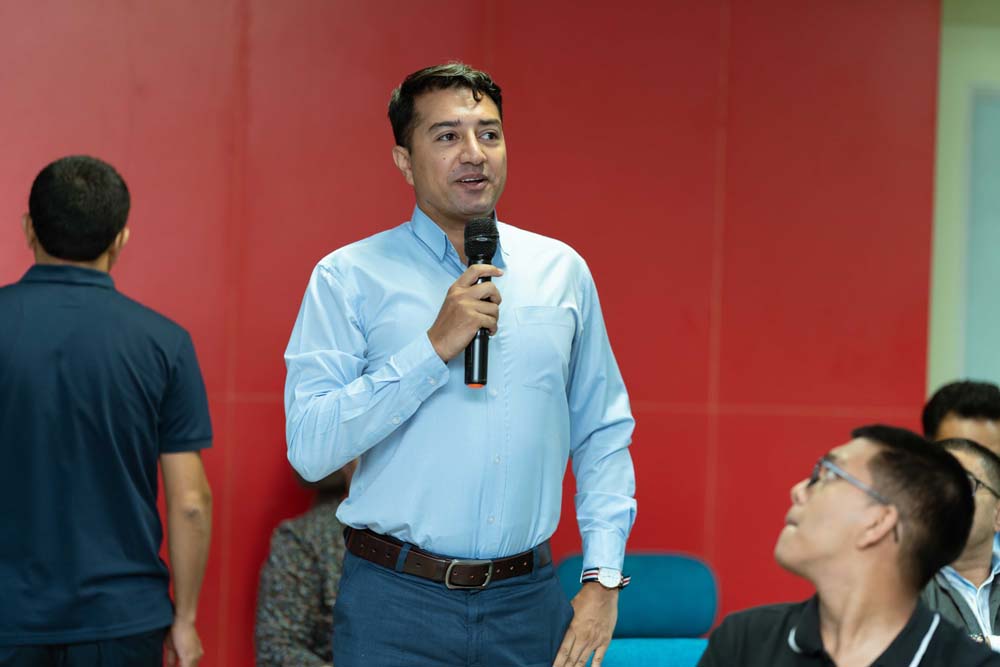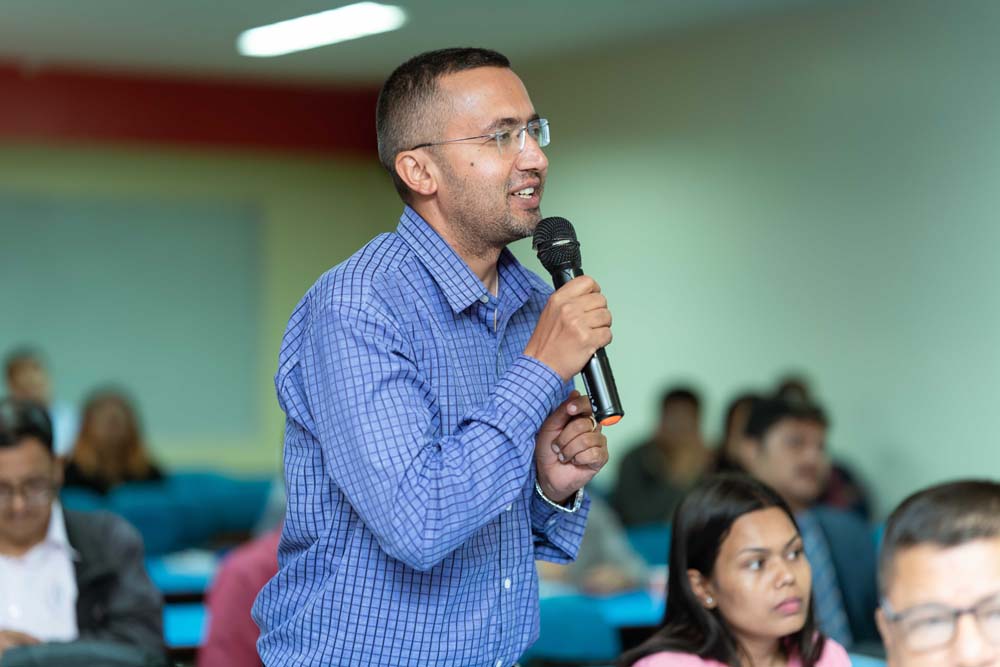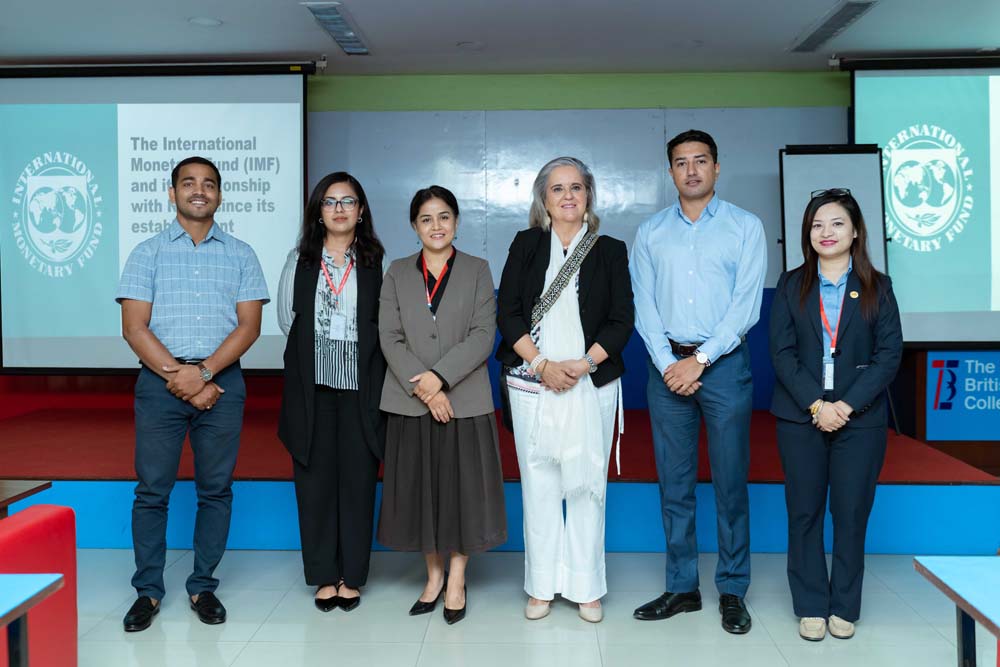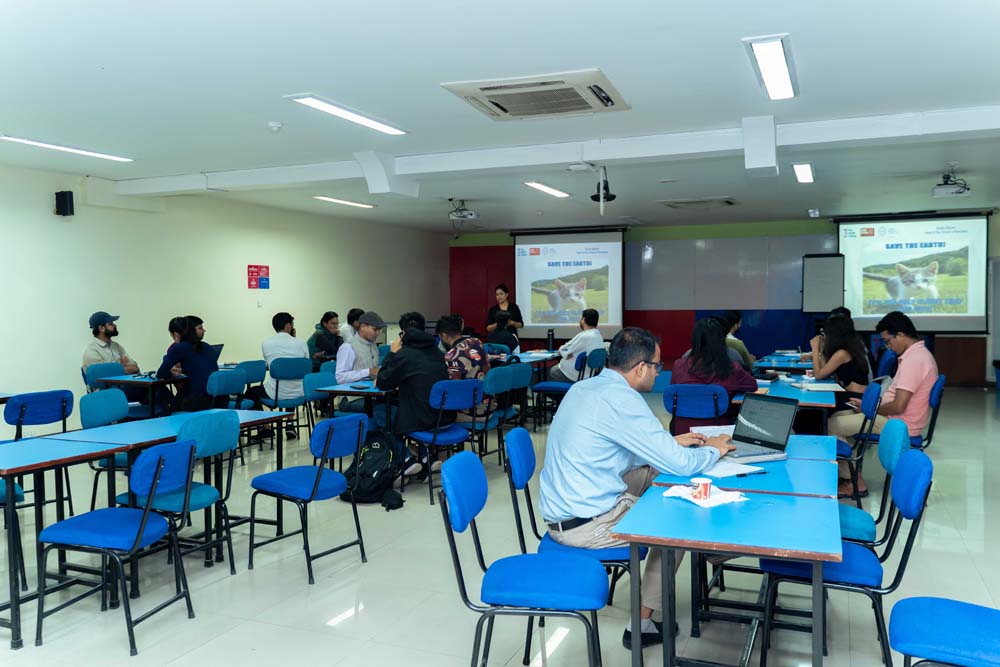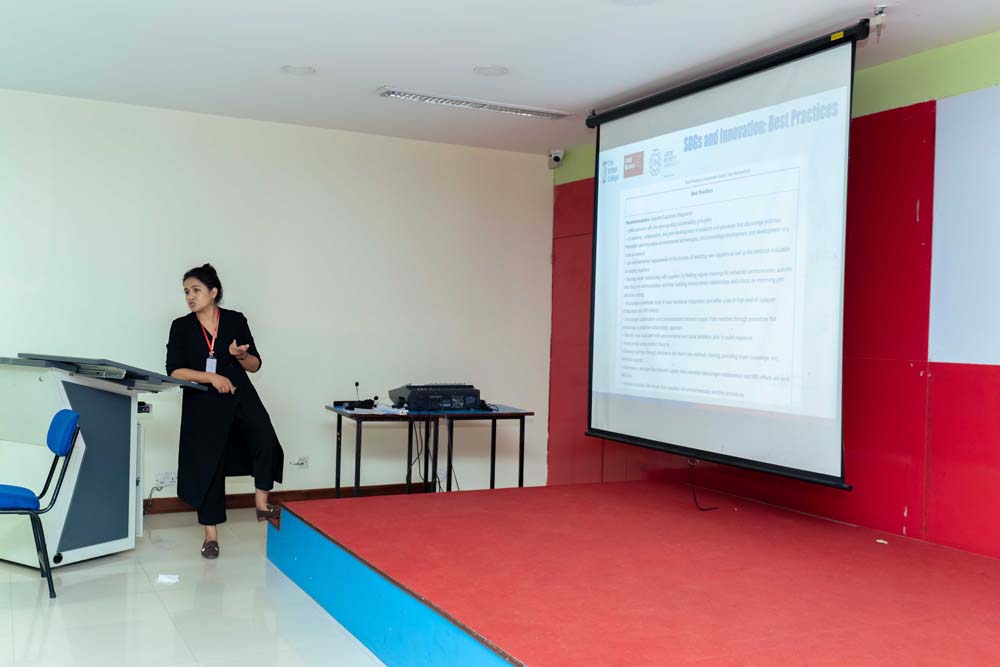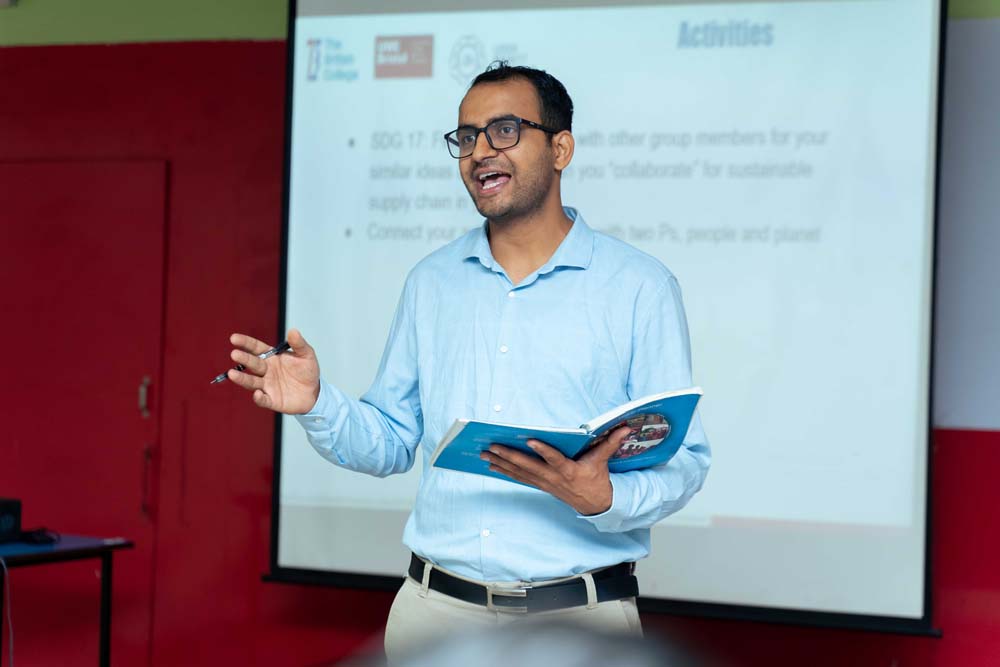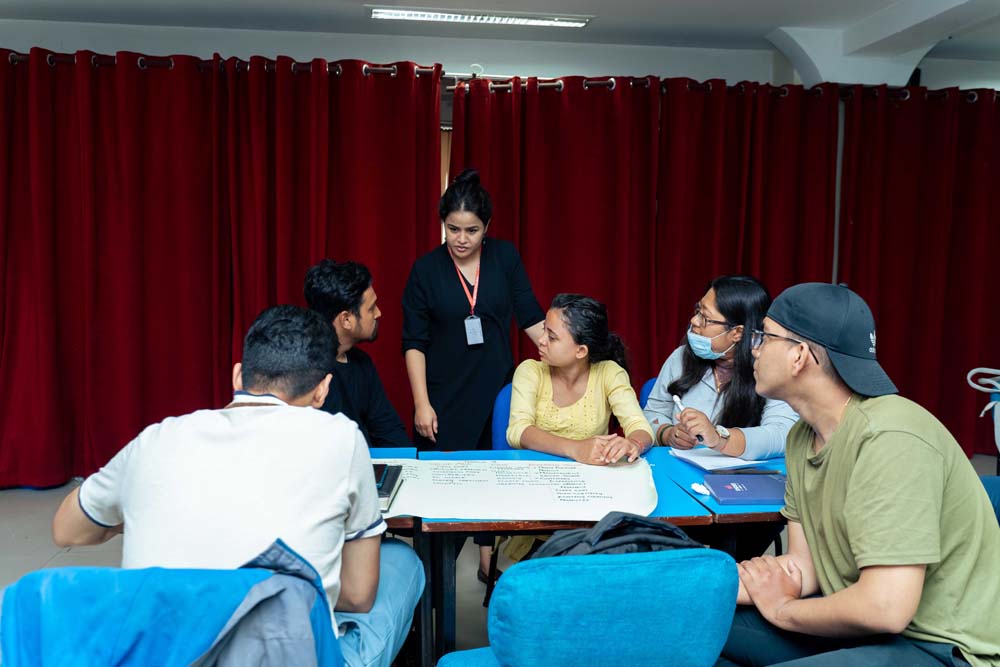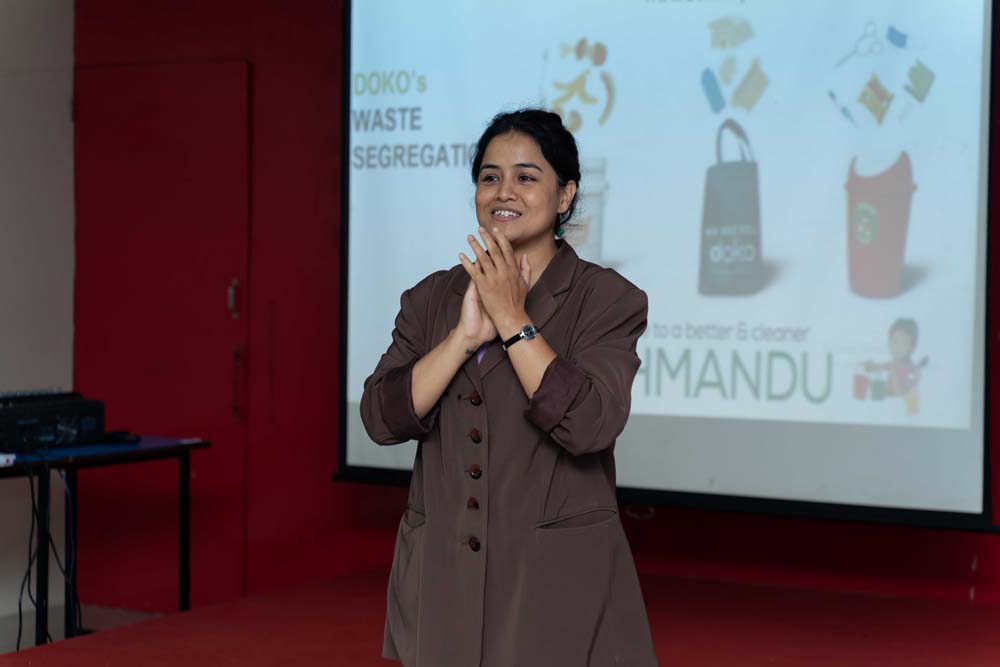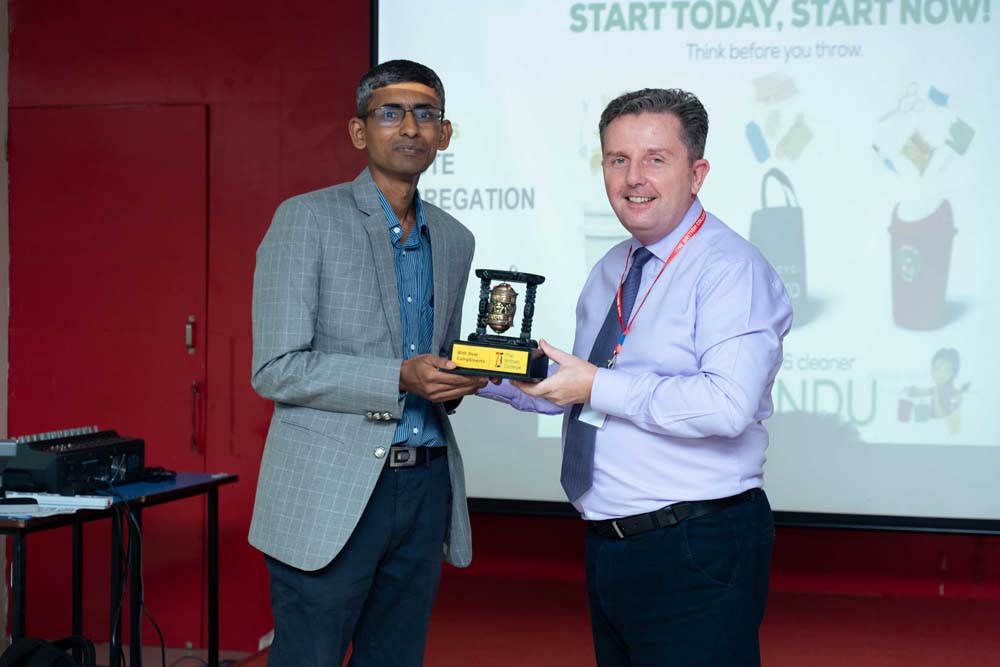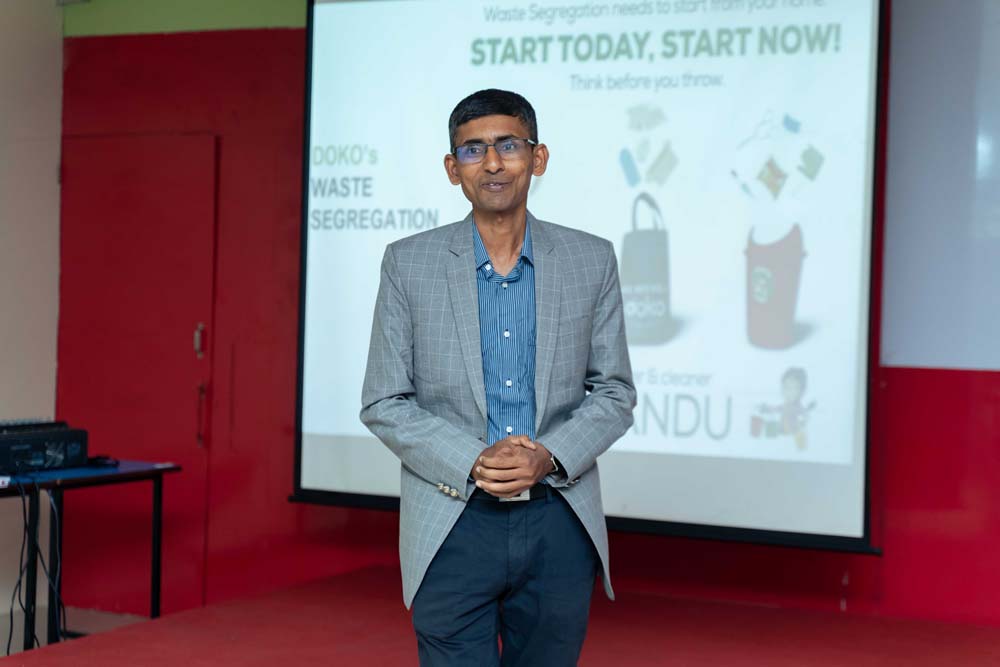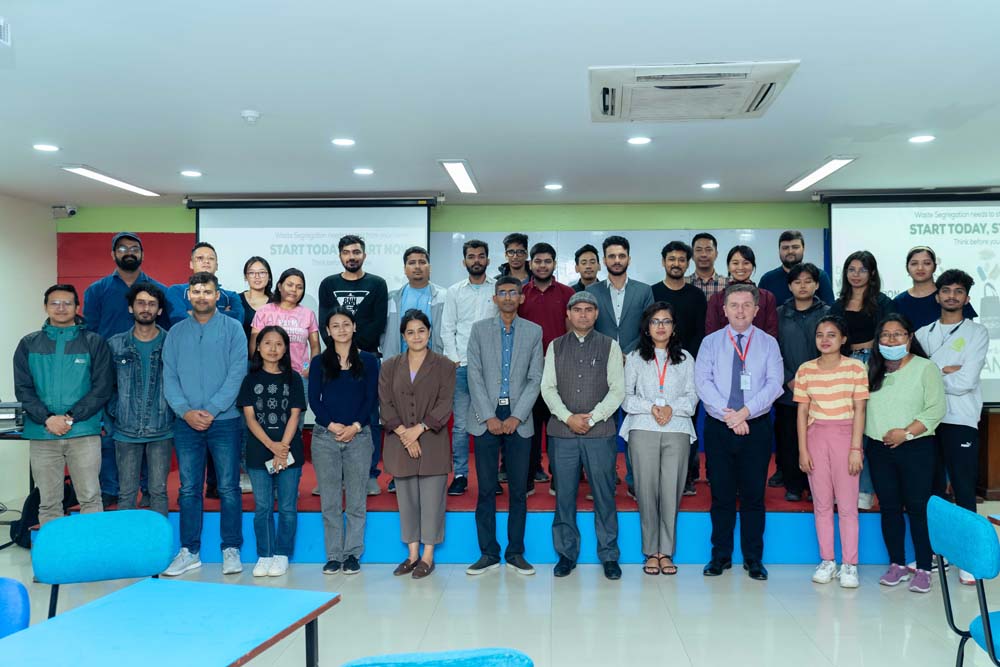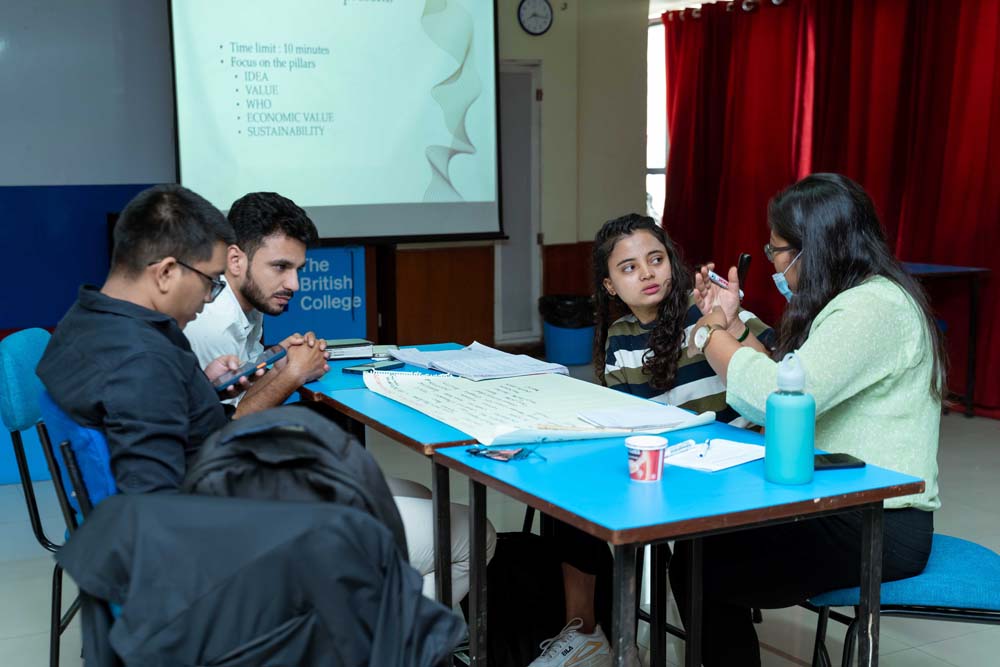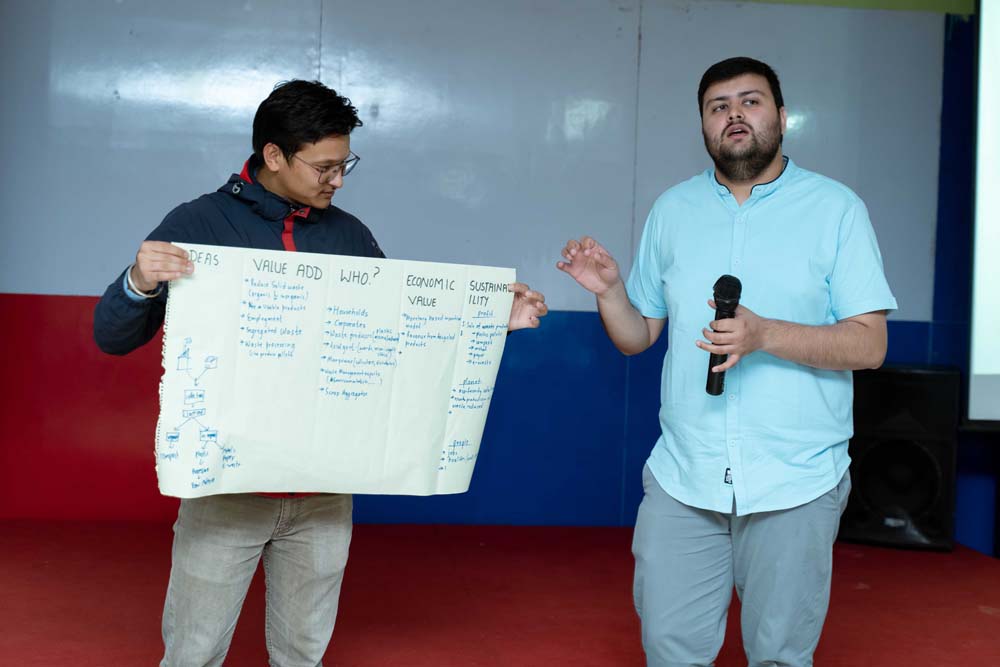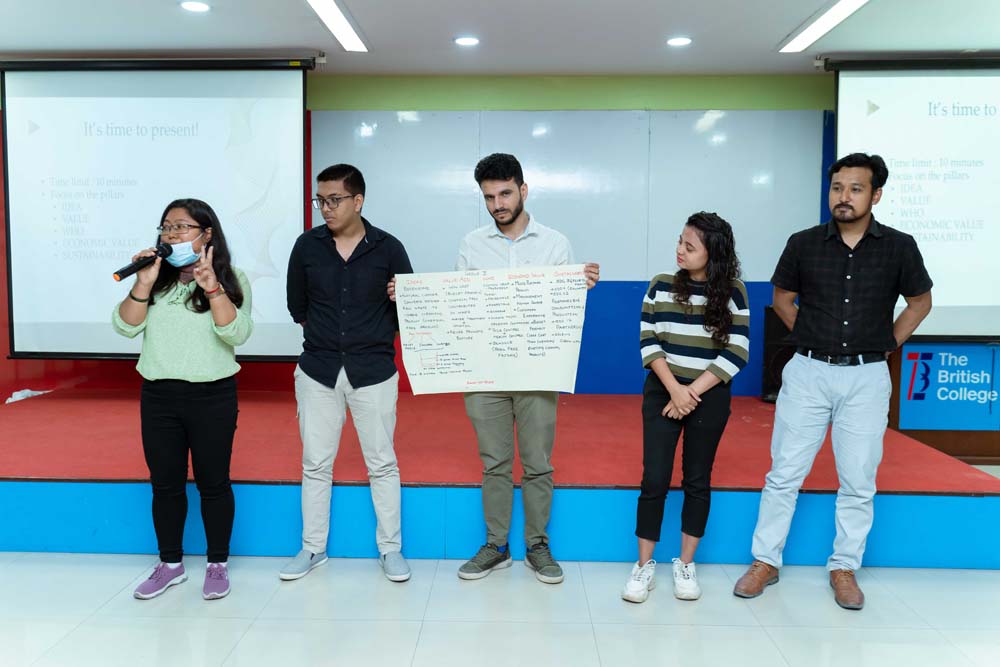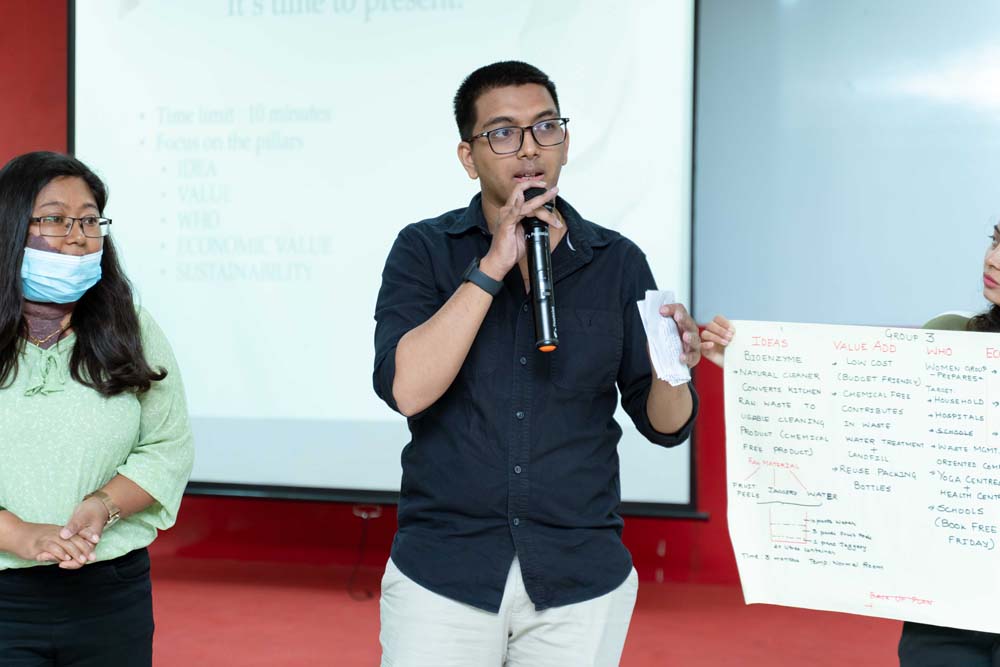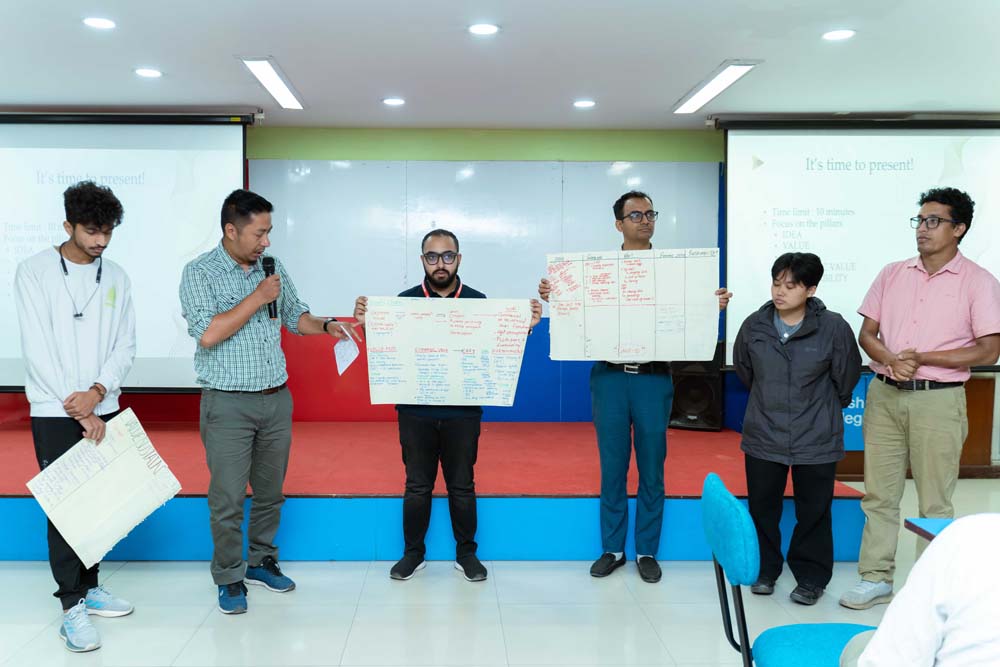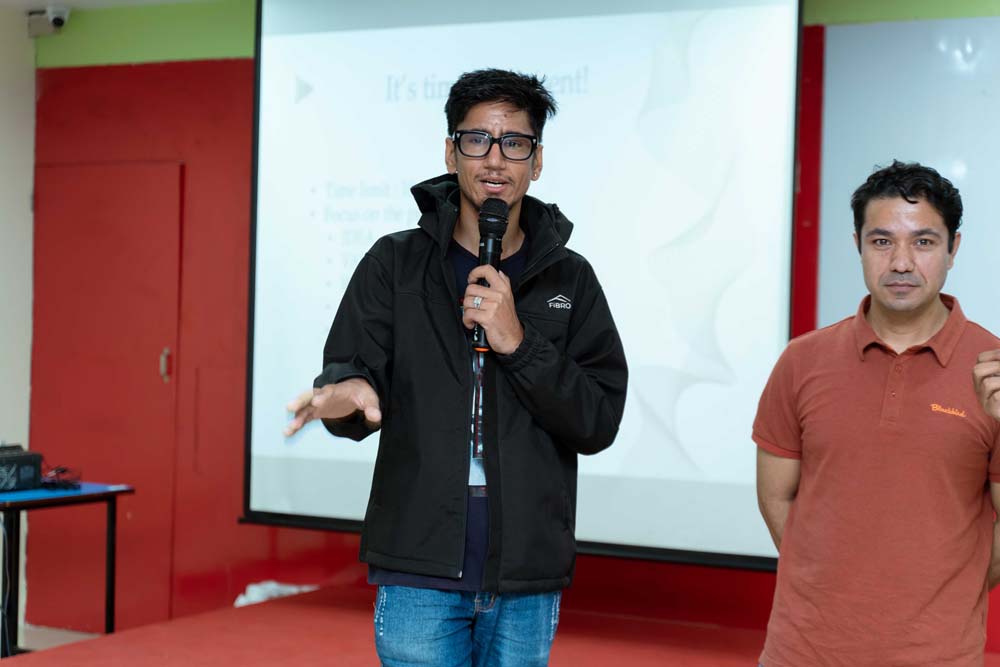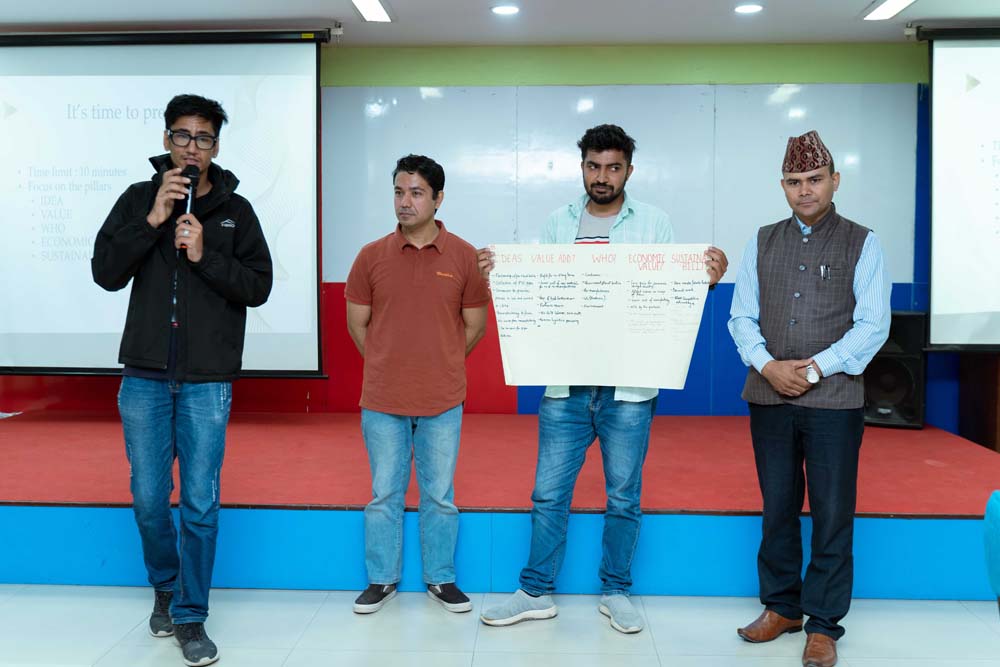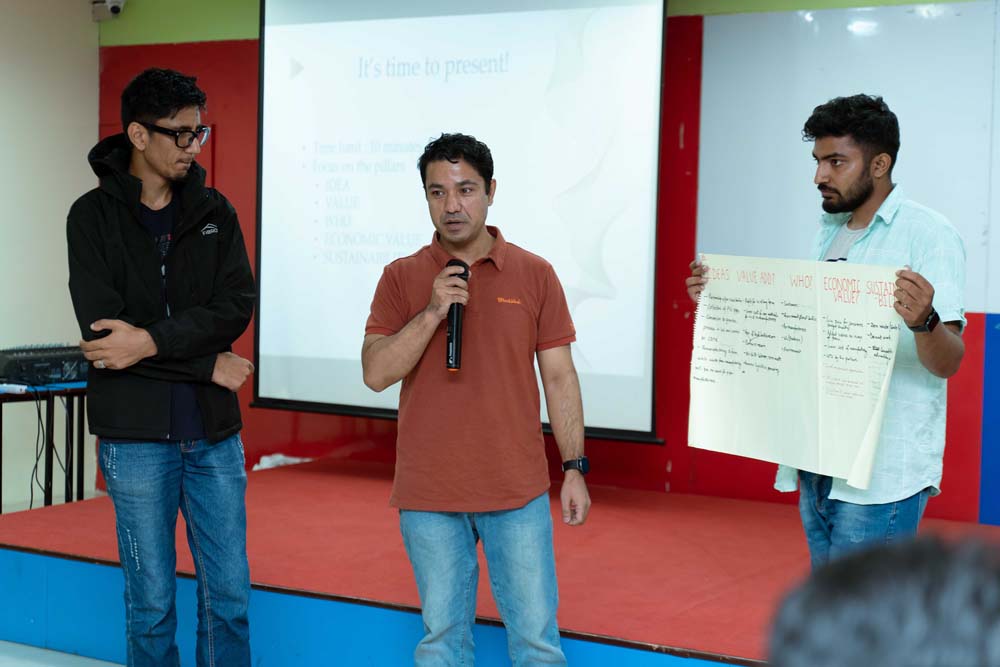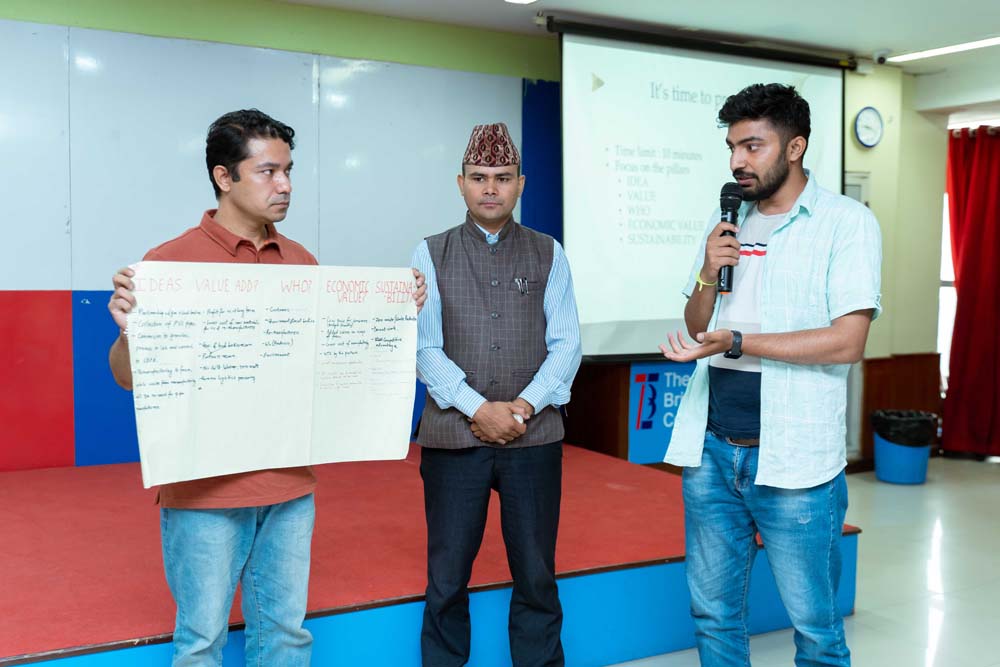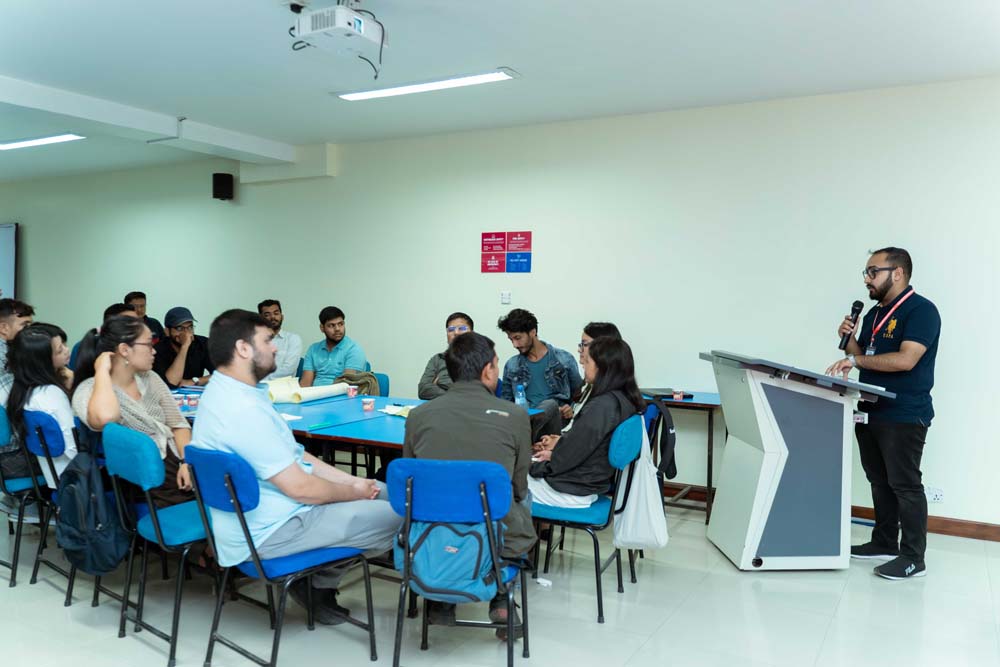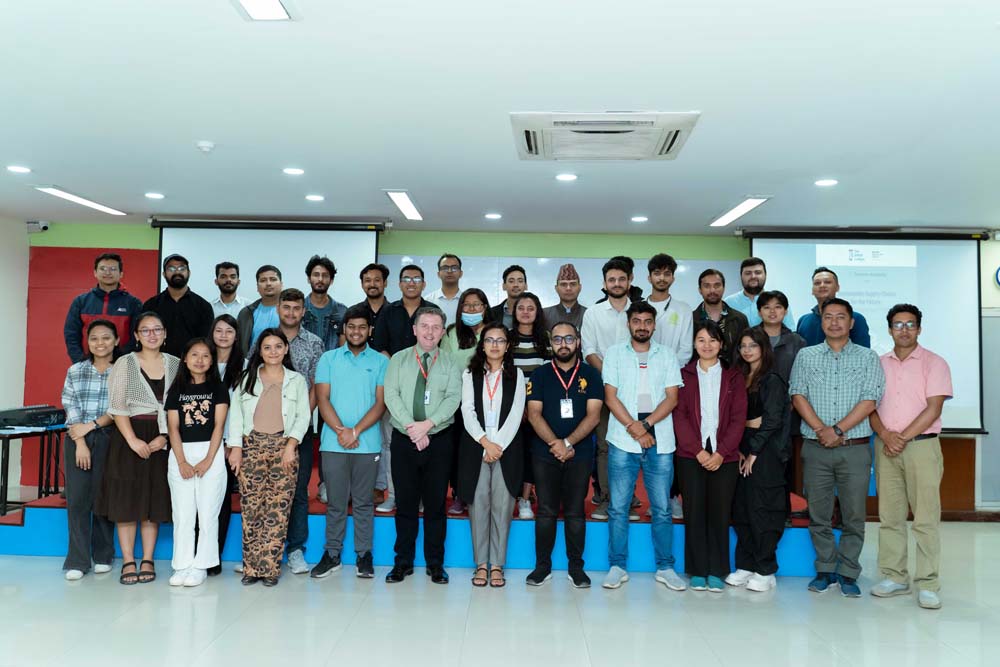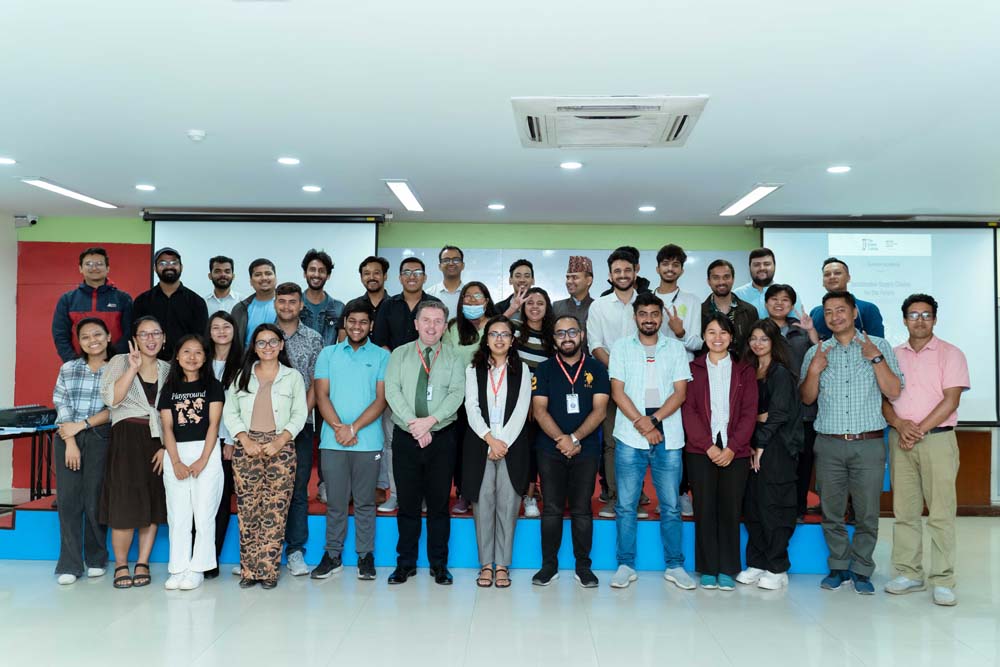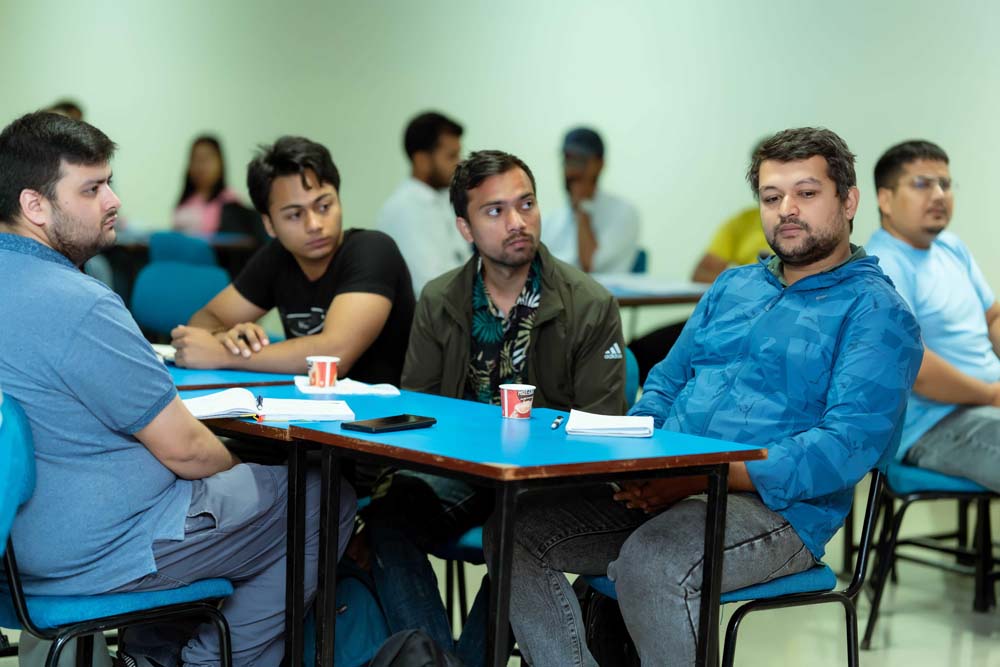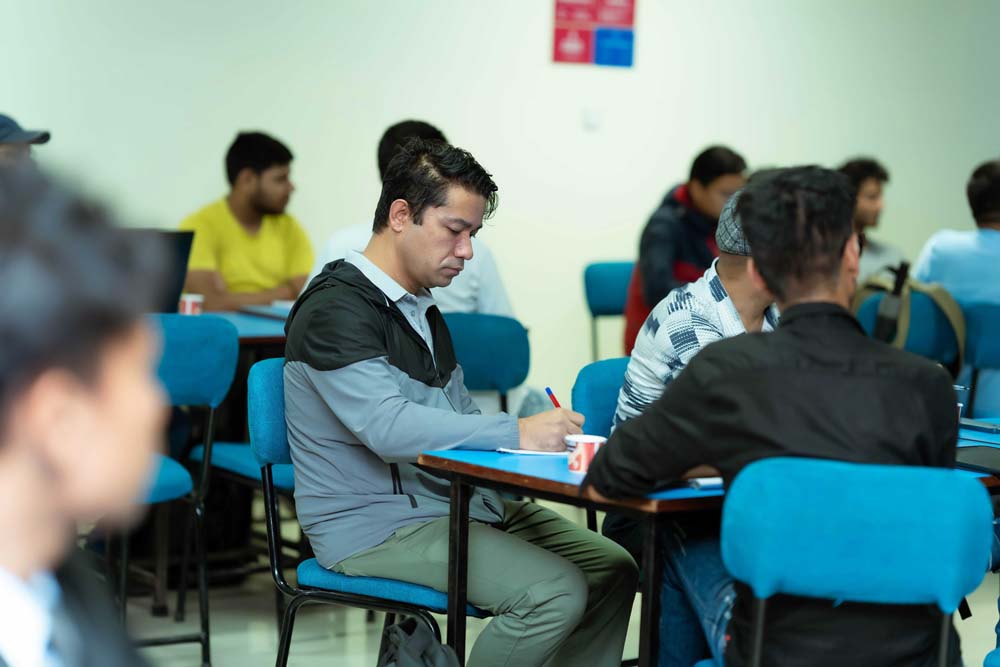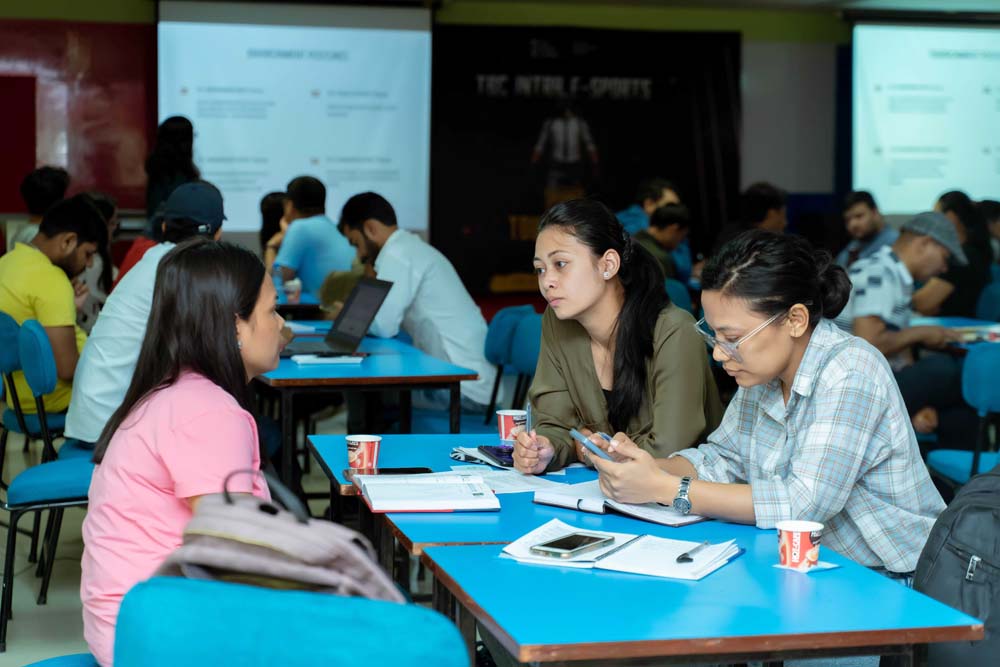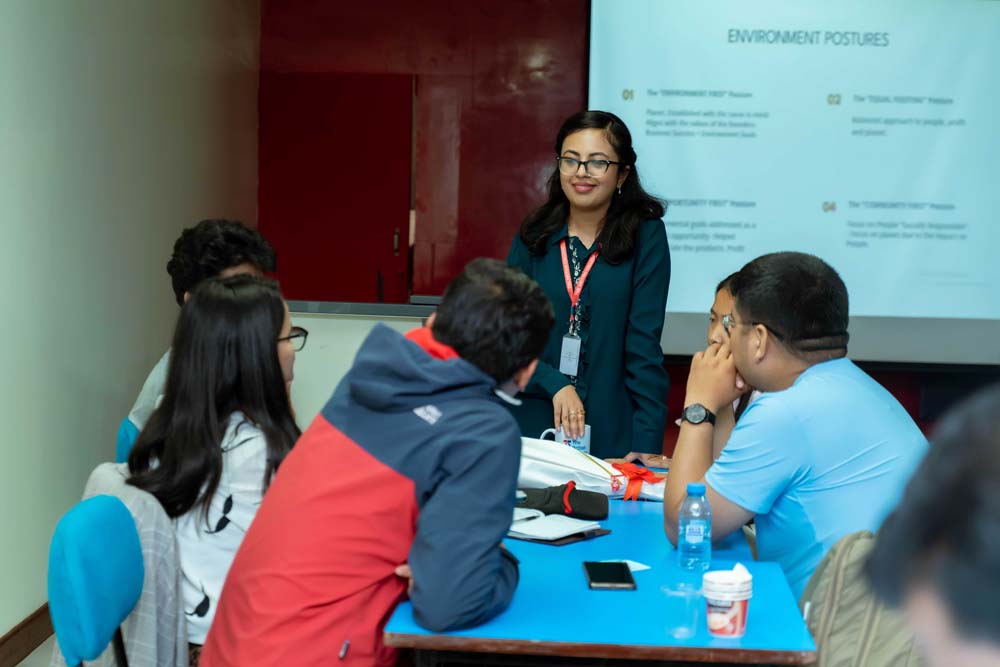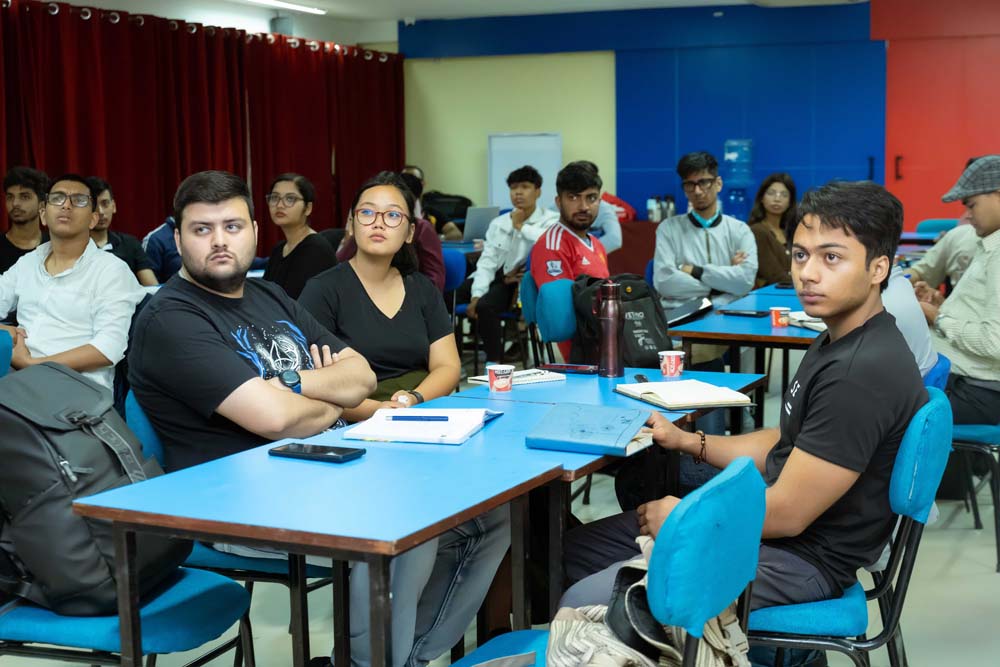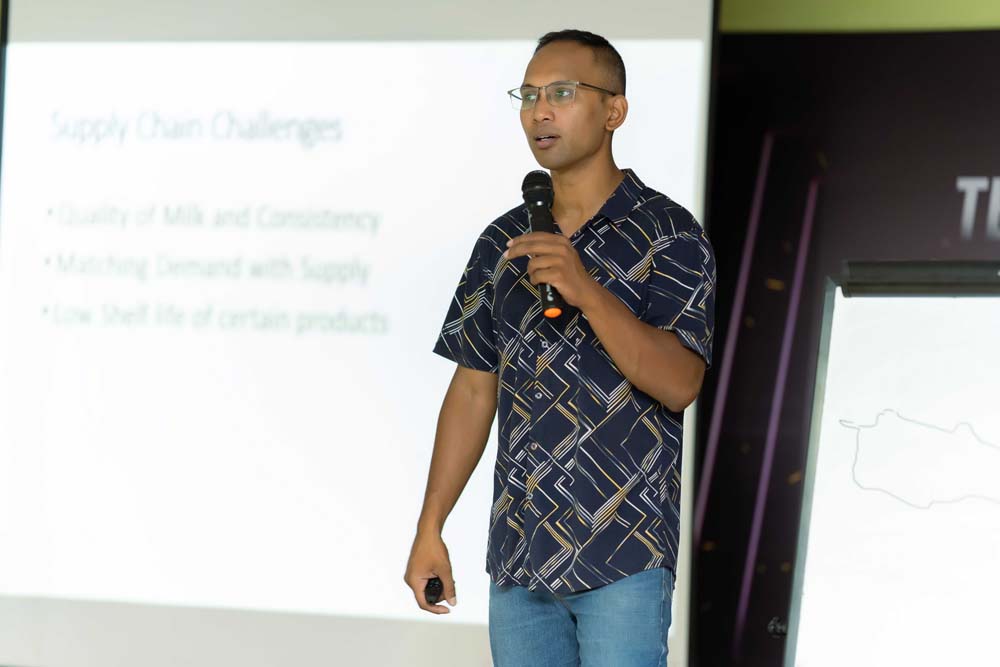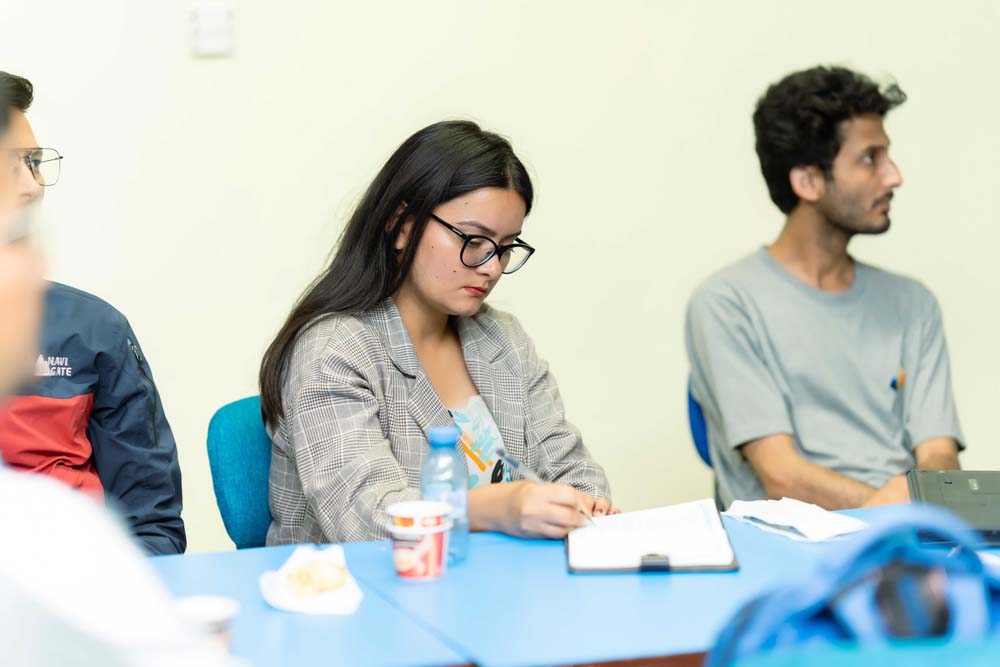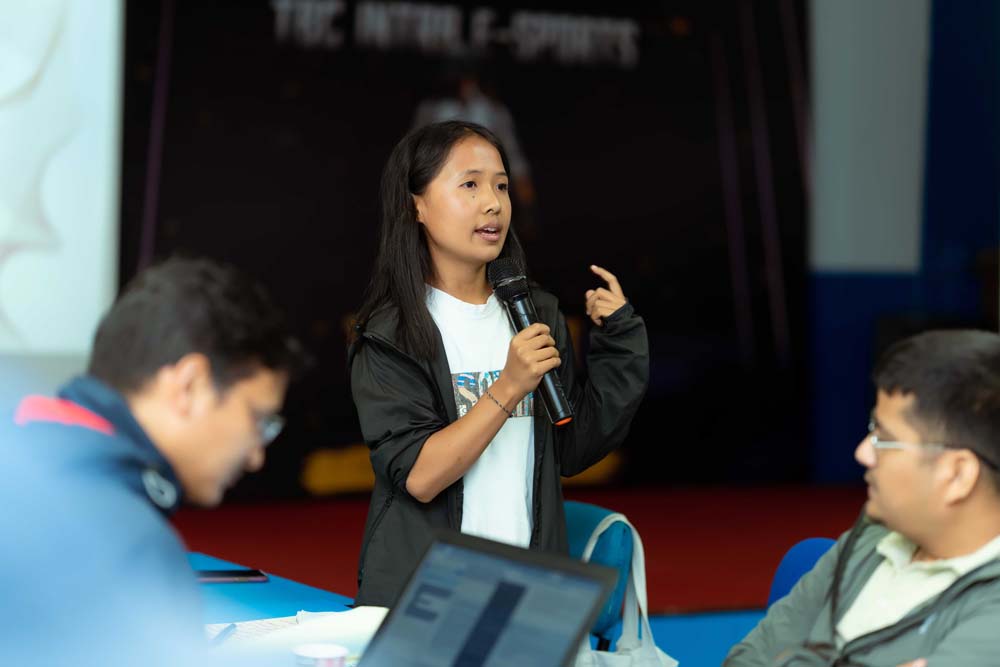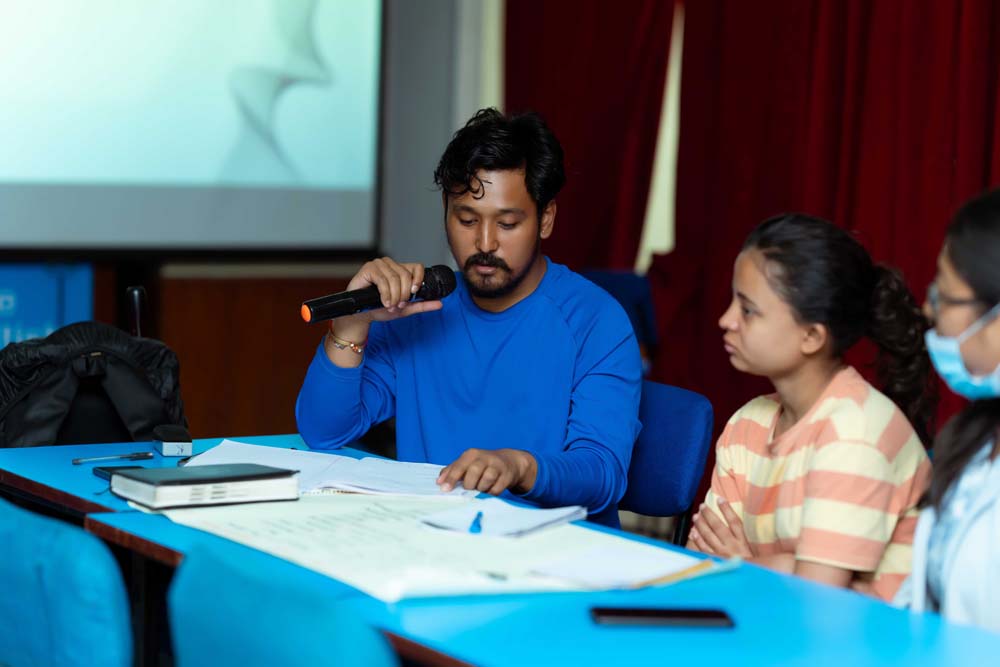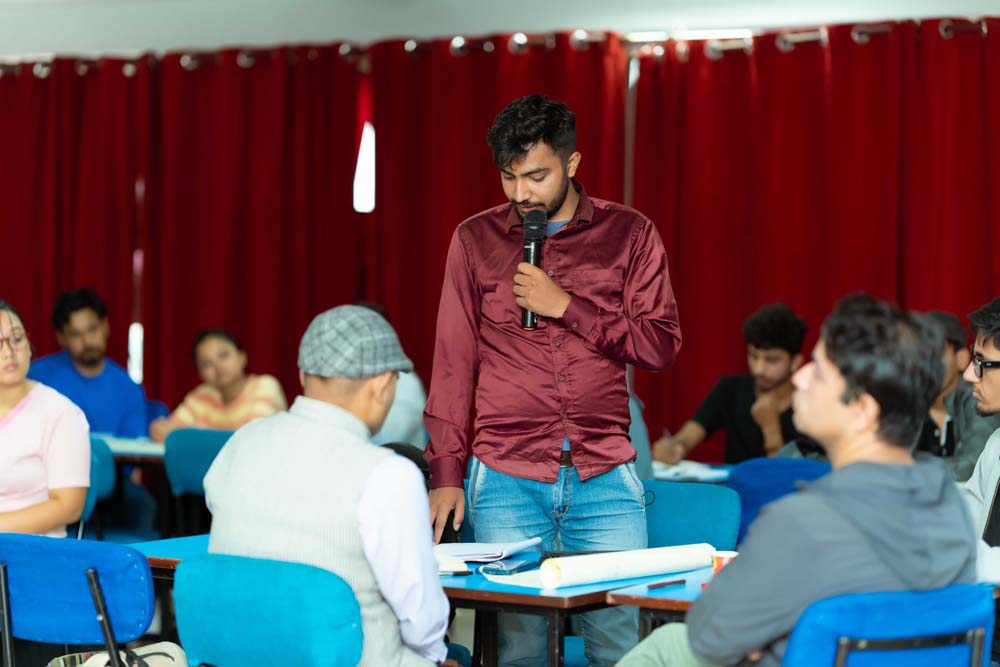Empowering Sustainable Supply Chains for the Future
As part of TBC Summer Academy, this year The British College organized a summer course on "Sustainable Supply Chains for the Future” from 26th June 2023 to 6th July 2023. The transformative two week course brought together a diverse group of participants. The course explored three essential components: supply chain management, economic value, and sustainability. Furthermore, we were honored to host guest lectures from esteemed SDG experts, successful entrepreneurs, and innovative social enterprise startups, creating a rich learning environment.
Supply Chain Management and the Concept of Value
Understanding the complexities of supply chains was a fundamental aspect of the course. Participants explored how supply chains span multiple stages, involving various stakeholders, processes, and resources. They recognized that sustainability efforts need to address the entire value chain, from raw material extraction to product disposal or recycling. By mapping out and analyzing the value chain, participants identified areas where sustainability practices could be implemented to create a positive impact.
Economic Value
In addition to the insights gained from supply chain management, participants also delved into the critical aspect of economic value and the inherent tradeoffs between long-term sustainability and short-term profitability. Participants engaged in thought-provoking discussions exploring the tradeoffs that businesses face when considering sustainability initiatives. Through this understanding, participants gained the necessary tools to navigate the challenges and seize the opportunities that arise when aligning economic value with sustainable practices.
Sustainability
One of the highlights of the course was the profound understanding of the circular economy concept and its profound impact on sustainable supply chains. Witnessing participants grasp the potential of transforming the linear "take-make-dispose" model into a circular approach, where products and materials are reused, repaired, or recycled, was inspiring. It was invigorating to witness the birth of a concept for a local network of businesses collaborating to share resources, optimize waste management, and create a closed-loop system within their community. The enthusiasm and dedication displayed by the participants reinforced the potential for this idea to drive significant change.
The concept of the circular economy gained momentum by promoting sustainability principles through frameworks like the Triple Bottom Line (TBL) and Sustainable Development Goals (SDGs). Attendees were encouraged to contemplate the harmonization of three essential elements of sustainability: People, Planet and Profit.
The diverse group of participants engaged in profound discussions, exchanging ideas, and forging collaborations. The four unique project ideas that emerged from the course reflect the participants' dedication to driving change and creating sustainable supply chains. The concepts of embracing circular economy practices, leveraging technology for transparency, fostering collaboration for social impact, and engaging stakeholders through education hold immense potential for reshaping the future of supply chains. It is our collective responsibility to nurture and support these ideas, translating them into actionable initiatives that can create a greener, fairer, and more sustainable future for all.
Every summer (June - August), The British college hosts free summer courses on special subject areas. Our goal is to create a learning environment that welcomes and brings students, professionals, academics, researchers, and industry experts together.
We invite you to join our vibrant learning community by registering for our summer courses.
